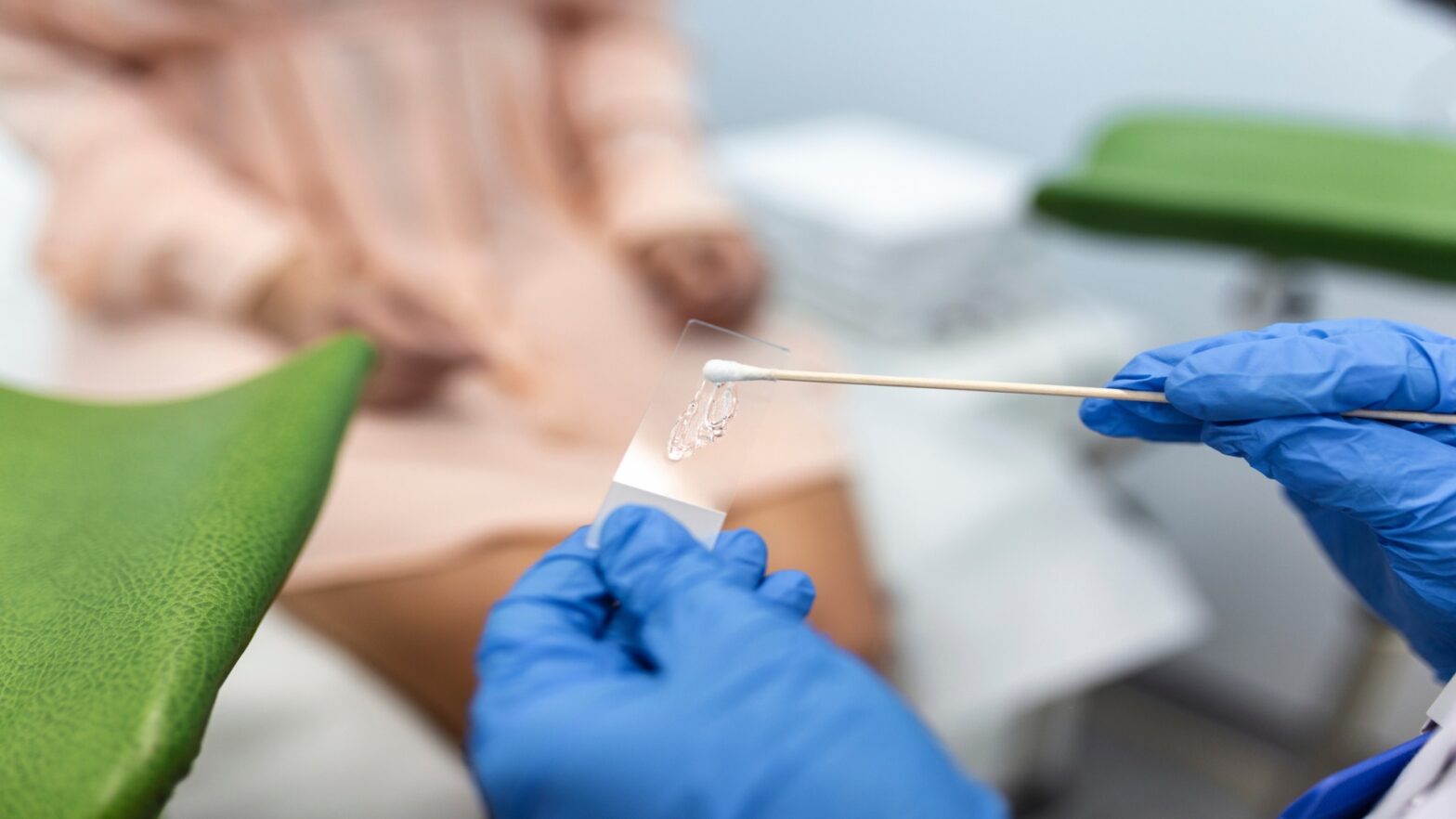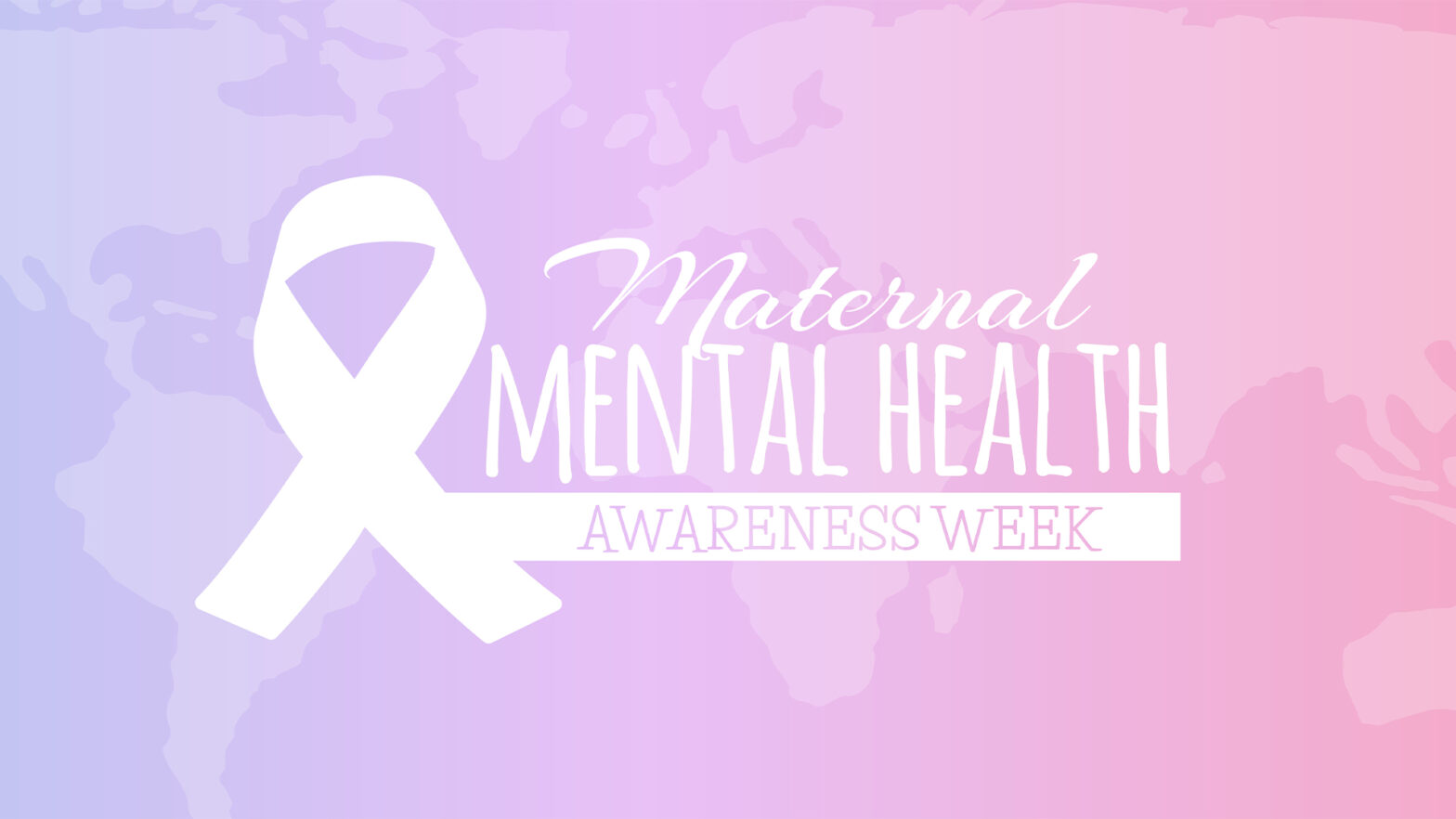Today, let’s spill the beans (or maybe the grains?) on something we all love but might not fully understand – refined carbs. Ever wondered why that midday pastry feels like a sugary hug for your taste buds but leaves you feeling not-so-great afterward? It’s time to unravel the mystery behind refined carbs. Let’s explore how they might be subtly affecting more than just our energy levels.
Understanding Refined Carbs
Alright, buckle up! Let’s dive into the world of refined carbs. Those sneaky little troublemakers often find their way onto our plates without us even realizing it.
Definition and Examples
So, what exactly are refined carbs? Think of them as the rebels of the carbohydrate family. They are sugars and grains that have gone through a heavy refining process, losing most of their natural goodness along the way. Examples? Oh, they’re everywhere: that fluffy white bread, the sugary cereals, those delectable pastries that vanish faster. All these foods are refined carbs in disguise.
How the Body Processes Refined Carbs
Now, let’s talk about what happens when we invite these refined troublemakers into our bodies. Picture this: you’ve just had a sugary snack. Your body goes into overdrive, quickly converting those refined carbs into glucose – the sugar our cells use for energy.
The speed at which this happens can cause fluctuations in blood sugar levels. Up they go, triggering a surge of energy and euphoria, only to come crashing down, leaving you feeling sluggish and craving more. Refined carbs may provide a quick energy fix, but the toll on our blood sugar levels can lead to a cascade of effects. They affect everything from mood swings to energy crashes.
Link to Inflammation and Vein Issues
Here’s where it gets interesting (and not in a good way). Chronic inflammation, fueled by the rapid rise and fall of blood sugar, can weaken your veins over time. This weakening makes them more susceptible to conditions like varicose veins and thrombosis. In navigating the connection between refined carbs and vein health, it’s essential to acknowledge the role of specialists. A varicose veins specialist becomes a valuable ally, offering insights into managing and preventing vein issues.
Making Informed Choices for Vein Health
The next time you’re tempted to reach for that sugary snack, think beyond the momentary pleasure. Consider the impact it might have on your veins. By making conscious choices and reducing our refined carb intake, we’re not just satisfying our sweet cravings. We’re also giving our veins a break from the inflammatory rollercoaster.
The Domino Effect: From Diet to Circulation
Now, let’s talk about what happens when we throw our diet into the mix. It’s like setting off a chain reaction – a domino effect that influences more than just our cravings.
How Diet Choices Affect Circulation
Picture this: You’ve just enjoyed a meal loaded with refined carbs. Your body, being the efficient machine it is, quickly turns those carbs into glucose. Now, this surge in blood sugar levels sends a signal to the circulatory system – a bit like hitting the gas pedal.
The Constant Strain on Veins
But here’s where it gets interesting. The constant influx of refined carbs can make this process a bit like a never-ending race. Your circulatory system has to work overtime, pushing blood through your veins with more force than it’s used to.
This strain on your veins can lead to a domino effect on your circulation. Veins, tasked with the crucial job of returning blood to the heart, start feeling the pressure. The more they’re forced to handle, the higher the risk of issues like varicose veins or even blood clots.
Balancing Act: Incorporating Healthy Carbs
Now, let’s turn the tables and delve into the positive aspect – incorporating healthy carbs into our diet. Because let’s face it, we’re not here to bid farewell to all carbs. We only want to upgrade our carb game.
Identifying Complex Carbs
What’s the deal with healthy carbs? Meet complex carbs. These are the good carbs found in whole grains, fruits, and vegetables. Unlike their refined counterparts, complex carbs come with a posse of fiber, vitamins, and nutrients.
Identifying them is not rocket science. If it’s whole grains, like brown rice or quinoa, you’re on the right track. Fruits and veggies – yes, they also have complex carbs.
Benefits of Vein Health
Why bother making the switch to complex carbs? Well, for starters, they play a crucial role in supporting vein health. The fiber content aids in controlling blood sugar levels, preventing those rollercoaster spikes that wreak havoc on our circulation. It’s like giving your veins a steady stream of support rather than subjecting them to the chaotic ups and downs.
Incorporating healthy carbs into your diet isn’t about deprivation; it’s about making choices that fuel your body with the good stuff. So, the next time you’re planning your meals, consider opting for whole grains and loading up on colorful fruits and veggies. These foods will give your veins the nourishment they deserve.
Small Changes, Big Impact
Now, we get it – change can be a bit daunting. But here’s the secret – it doesn’t have to be an all-or-nothing game. Start small. Swap that white bread for whole-grain goodness in your sandwich. Throw some berries into your morning cereal. It’s these little adjustments that can pave the way for a healthier, vein-friendly lifestyle.
So, the next time you’re eyeing that tempting pastry or contemplating another rendezvous with refined carbs, pause for a moment. Consider the impact on your veins. Simply savor the sweetness in moderation.
Conclusion
Now, as we stand at the end of our journey, what’s the verdict? It’s not about banishing every sweet treat or avoiding carbs like the plague. Nope, it’s about finding that sweet spot – a balance that keeps both our taste buds and veins content. Because it’s not about drastic overhauls; it’s about the everyday choices that shape our well-being.

















